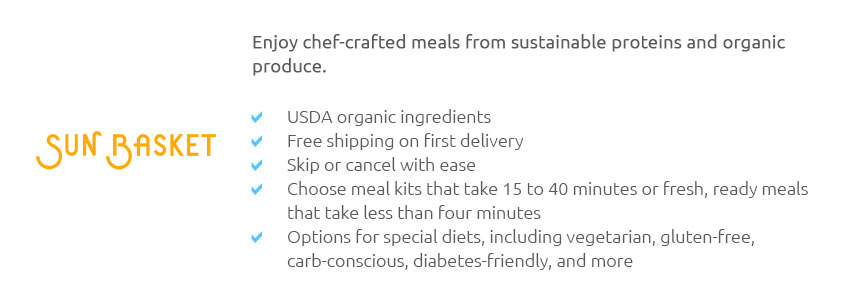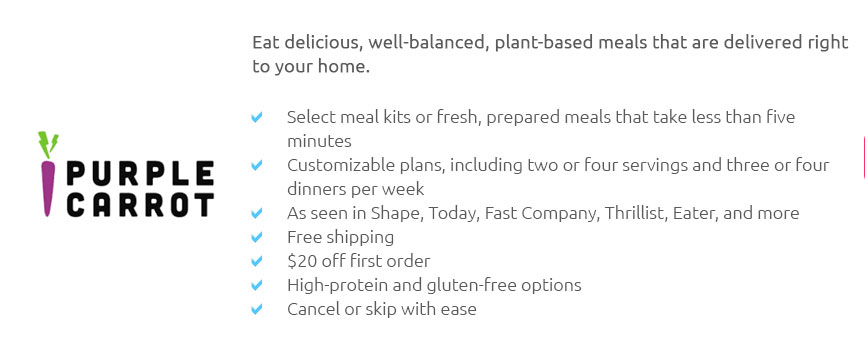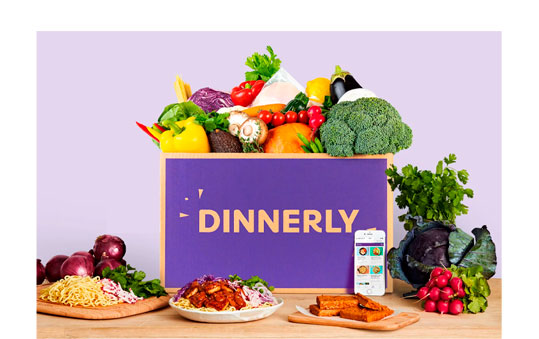 |
 |
 |
|---|
 |
|---|
 |
||||||
|---|---|---|---|---|---|---|
|
||||||
 |
 |
|||||
 |
 |
|||||
 |
 |
|||||
 |
 |
|||||
 |
 |
|||||
 |
 |
|---|
Exploring the Rise of Meal Prep Subscription ServicesIn recent years, the culinary landscape has witnessed a profound transformation with the emergence of meal prep subscription services. These innovative offerings have swiftly carved a niche for themselves, resonating with a broad spectrum of consumers, from busy professionals to health-conscious individuals. The premise is elegantly simple yet profoundly impactful: delivering meticulously portioned, nutritionally balanced ingredients directly to one’s doorstep, thereby eliminating the daunting question of “What’s for dinner?” that haunts many at the end of a long day. The concept of meal prep is not entirely novel; however, the subscription-based model has injected a fresh dynamism into it. This paradigm shift can largely be attributed to a few key factors. Convenience stands at the forefront-people are increasingly time-starved, juggling work, family, and personal pursuits. Meal prep services alleviate the burden of meal planning and grocery shopping, freeing up precious time for other activities. Moreover, these services offer a diverse array of culinary options, catering to various dietary preferences and restrictions, be it vegetarian, keto, gluten-free, or vegan. One cannot overlook the impact of technology in this domain. Apps and websites have made it seamless for users to customize their meal plans, track nutritional intake, and even adjust their preferences with a few clicks. This technological integration has not only enhanced user experience but has also allowed companies to gather valuable data, enabling them to refine their offerings continually.
However, like any burgeoning industry, meal prep subscriptions are not devoid of challenges. Customer retention remains a crucial hurdle, as novelty can wane, leading to subscription cancellations. Companies must innovate continually, introducing new recipes and enhancing service efficiency to keep their clientele engaged. Additionally, the environmental impact of packaging, despite strides towards sustainability, remains a point of contention among critics. In conclusion, the ascent of meal prep subscription services underscores a broader shift towards personalized, convenient, and health-oriented lifestyles. As the industry evolves, it is poised to become an integral component of contemporary living, offering a harmonious blend of nourishment and convenience that aligns with modern-day exigencies. For those contemplating a dive into this world, it promises not just meals, but a lifestyle choice that could redefine their relationship with food. https://www.bonappetit.com/story/best-meal-delivery-services?srsltid=AfmBOooExXMx9Qi3Si_5cRodSAg9hO0s5qk62VGDALI1zfEMibHZgkX5
Overall, Blue Apron is a very safe choice if you're looking to try out a meal delivery service. I might not seek out the recipes to remake them ... https://www.blueapron.com/?srsltid=AfmBOooclBzW4-P260Lg4lCYzrBfgLdBIbwAVpL4gh5CfnHmIO11Zvmf
Enjoy $100 off the 1st 5 weeks of a new subscriptionplus the 1st ... https://www.homechef.com/?srsltid=AfmBOopz396jZktauNzmLXdJRIBfQ-Z7VrrrwETOL1QoQ05Nphf0e3qi
Our weekly deliveries of fresh, perfectly-portioned ingredients have everything you need to prepare home-cooked meals in about 30 minutes.
|
|---|


